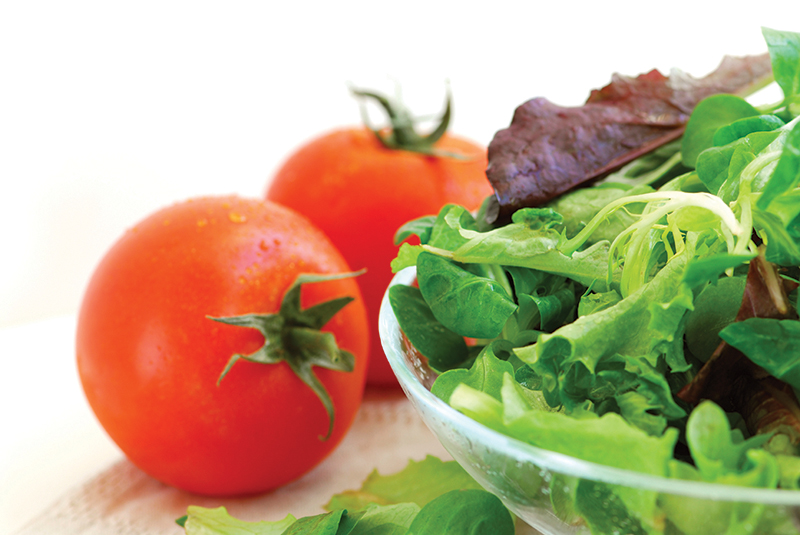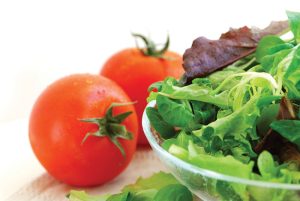

Do you know the best kidney-healthy diet measures for seniors with kidney disease?
You’ve heard it before. You are what you eat. And for people living with kidney disease, it’s especially important that an effective dietary plan is observed to cut down on symptoms such as an upset stomach, swelling, pain, and more. Plus, adhering to a kidney-healthy diet may even delay the progression of the disease.
What Dietary Choices Are Important for Someone With Kidney Disease?
If you care for someone with kidney disease, knowing the best and worst nutritional choices for their condition is important. For example:
Sodium
High levels of sodium in the diet can produce fluid retention and high blood pressure, and can force the heart to work harder. It’s recommended that sodium is limited to 2 grams a day at most for individuals with kidney disease. One way to assist is to avoid serving foods that contain large concentrations of salt, such as:
- Processed or smoked meats
- Pickled foods
- Nuts
- Chips, pretzels, and crackers
- Canned foods
- Condiments such as soy sauce, ketchup, and barbecue sauce
NOTE: Pay close attention to salt substitutes and “reduced sodium” foods, which in many instances are high in potassium.
Potassium
Almost all types of food contain the mineral potassium. Our bodies need potassium in order for our muscles to work, but when somebody is undergoing dialysis, potassium levels have to be examined very closely. Receiving too much or too little potassium can produce erratic heartbeat, muscle cramps, and weakness of the muscles. The doctor or dietitian can determine how much potassium is ideal for the particular person.
Vitamins and Minerals
People with kidney disease might need extra supplements of vitamins to reduce some of the typical side effects of kidney failure, such as bone disease or anemia, but they should only be taken if advised by the doctor.
Protein
Although protein is essential in our diets, for people with kidney disease, excess protein can accumulate in the blood. Individuals with kidney disease should consume no more protein than what is required by the body. When treatment starts early, a diet low in protein in conjunction with essential amino acids at ideal amounts during each meal is known to prevent the need for, or at least push back the need for dialysis, and in fact might even reverse some kidney problems.
For more resources on caring for a family member with kidney disease, or to discover how a professional in home caregiver can improve health and quality of life, contact Endeavor In Home Care online or at 480-498-2324. We’ll be happy to arrange a free in home meeting at your convenience to answer all of your questions and provide you with the information you need about our services.


